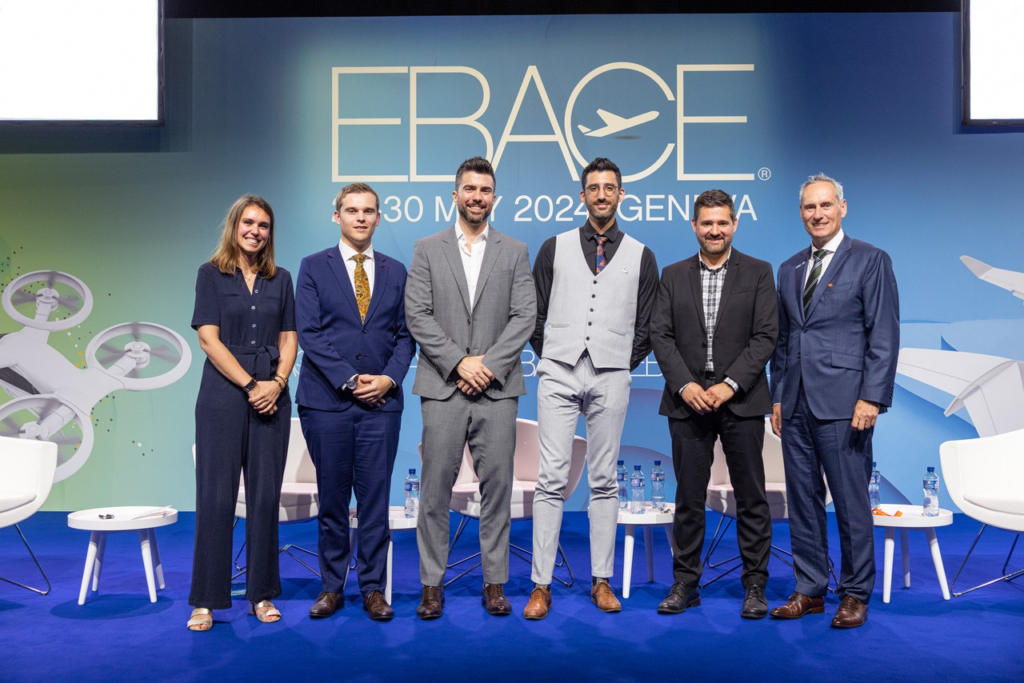EBAA Introduces S.T.A.R.S. Programme for Sustainability in Business Aviation at EBACE2024

The European Business Aviation Association (EBAA) is proud to announce the formal launch of Tier I of the Standards & Training for Aviation Responsibility and Sustainability (S.T.A.R.S.) Programme at the 2024 European Business Aviation Convention & Exhibition (EBACE), marking a stepping stone in business aviation’s sustainable future.
S.T.A.R.S. represents a groundbreaking initiative offering a holistic framework for organisations to develop and seamlessly integrate environmental and social strategies. By aligning with both the Business Aviation Commitment on Climate Change (BACCC) and the UN Sustainable Development Goals, S.T.A.R.S. propels business aviation companies towards a brighter, more responsible future.
Maureen Gautier, EBAA Sustainability & Future Workforce Manager, expressed excitement about the launch, stating, “With S.T.A.R.S., together with our successful trial partners, we have laid down a strong foundation for sustainable practices in our industry. The official launch of Tier 1 opened up the programme for official registration, allowing business aviation companies to fully embrace environmental and social responsibility without compromising the profitability of their business operations.”
Holger Krahmer, EBAA Secretary General, emphasised the programme’s leadership role, adding, “EBAA launched S.T.A.R.S. to demonstrate that business aviation is not just committed to sustainability, but it aims to lead in this process through concrete and measurable actions. This ambitious programme aims to position business aviation as a leader in achieving net-zero emissions by 2050 while also addressing essential social aspects of sustainability.”
Related Article: Africa’s Sasol partners with Japan’s ITOCHU for green hydrogen projects
Tier 1 of S.T.A.R.S. involves self-measurement and writing a policy for continuous progress towards environmental and social sustainability goals. Policies should address areas such as greenhouse gas emissions reporting, waste and water usage, non-discrimination, inclusiveness, a new code of conduct, and data privacy and security. Tiers 2 and 3 are the implementation stages. They are modelled to be compliant with global international standards.








